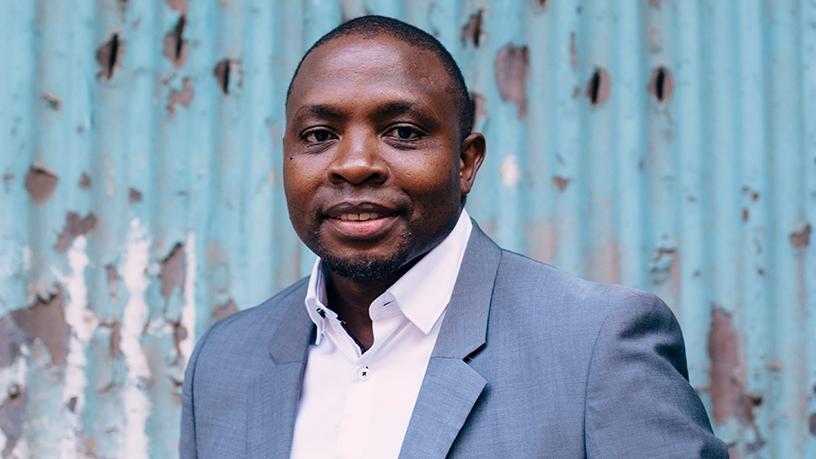
South African entrepreneur and inventor Clement Mokoenene will represent the country at the global finals of the Chivas Venture competition next month after winning the South African leg of the 2018 competition.
His Vehicle Energy Harvesting System (VEHS) provides a new and innovative way to produce electricity for African cities. VEHS is a portable power station that converts traffic pressure on the road into renewable electricity. Using a specially designed layer that sits on top of the road, it is possible to harvest the pressure created by vehicles and use it to power a turbine that creates electricity.
"We don't use raw materials, water or greenhouse gases and we create zero waste, meaning we can produce our electricity without damaging the environment," he explained as part of his entry.
"About 70% of the Sub-Saharan African population still has no access to electricity, while the majority of African cities suffer from too much traffic. Our solution tackles both problems at once by harnessing the power of traffic-flow to improve electricity access for all."
Mokoenene's VEHS technology aims to actively change the way energy is approached, from both a scientific and sustainability point of view.
The idea for the VEHS was sparked in 2011 when Mokoenene watched an Airbus A380 land at an airport. He was struck by the pressure exerted onto the tarmac by the weight of a plane through its wheels when landing. He searched for a way to harness the energy generated by that pressure in the same way that coal is burned to create pressure to the power turbines that traditionally provide electricity.
The VEHS takes this principle and applies it to cars. The system is fitted on a road's surface and the cars driving over it create the pressure that powers a turbine. He claims that a busy 2km stretch of highway fitted with the system could potentially power an entire city.
Mokoenene has spent several years developing and testing the system and believes it is now ready to be rolled out and utilised in the real world. Deployment could happen rapidly because unlike more traditional energy infrastructure that takes years to construct, the VEHS infrastructure can be fully installed and operational within six months and everything from assembly to maintenance can be done locally.
"Improving the lives in vulnerable communities is at the heart of our business and it just so happens we've got the technology with which to do so," he added.
Mokoenene said additional funding will allow the business to deliver renewable electricity at an affordable price, making it possible for the African population to gain access to it in a sustainable way.
"This will not only improve the lives of those in poorer communities, but empower them by creating more jobs and opportunities for training."
Mokoenene is also general manager of Epitome Consulting, a civil engineering consultancy and project management firm which he founded along with his wife Joey Mokoenene.
While ITWeb asked for additional information on where the system will be rolled out in SA, Mokoenene was not available to answer further questions.
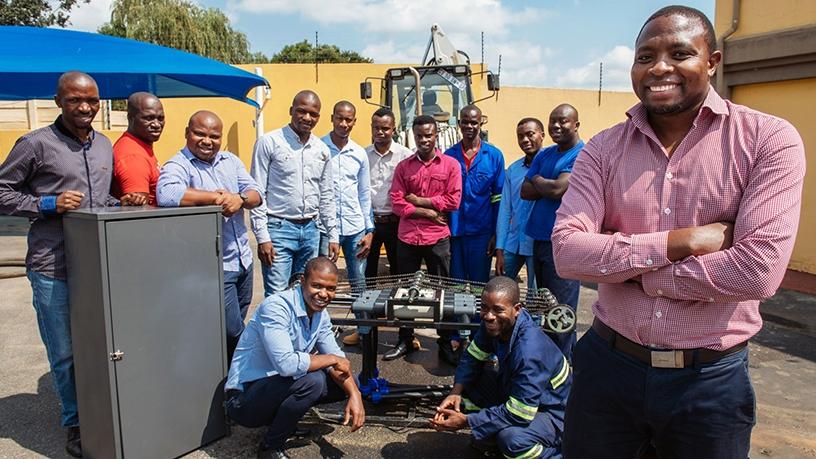
Next level
Mokoenene was chosen as the winner of the South African Chivas Venture competition, selected from over 600 applications, and received a R350 000 cash injection for his business.
Next month, he will head to the Netherlands for the grand final where he will face-off against 26 other social entrepreneurs from across the globe in a knock-out competition which will culminate in the top five entrepreneurs getting a shot at a share of $1 million (R12 million) in prize funding. The fourth annual Chivas Venture final will take place in Amsterdam on 24 May at The Next Web, Europe's largest tech festival.
Mokoenene will compete against fellow Africans Folasade Bamisaye of Nigeria and Papu Haroon from Kenya. Bamisaye invented a sustainable sanitary pad, Green Pad, made from banana and plantain tree fibres, which is fully biodegradable within six months.
Haroon's company, Kilifi Moringa, supports women in Kenya by encouraging small-scale female farmers in Kilifi to cultivate Moringa seeds, giving them a chance to earn income while they grow food for their families.
The first share of $200 000 is in the hands of the public and you can vote for your favourite via the Web site before 25 April.
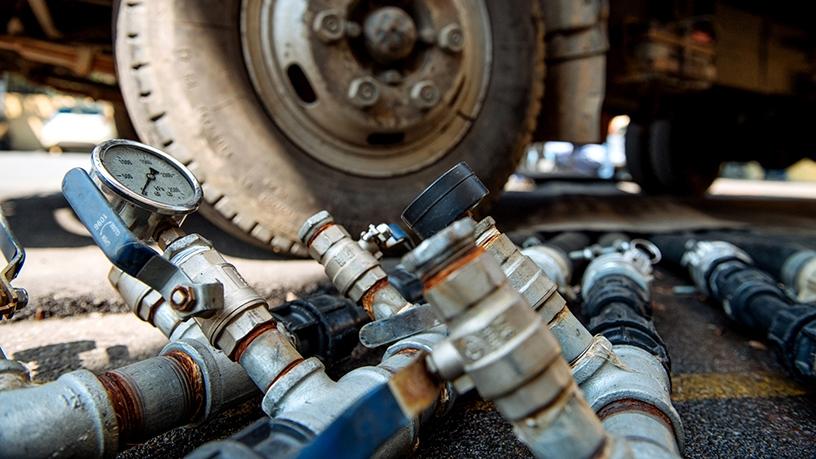
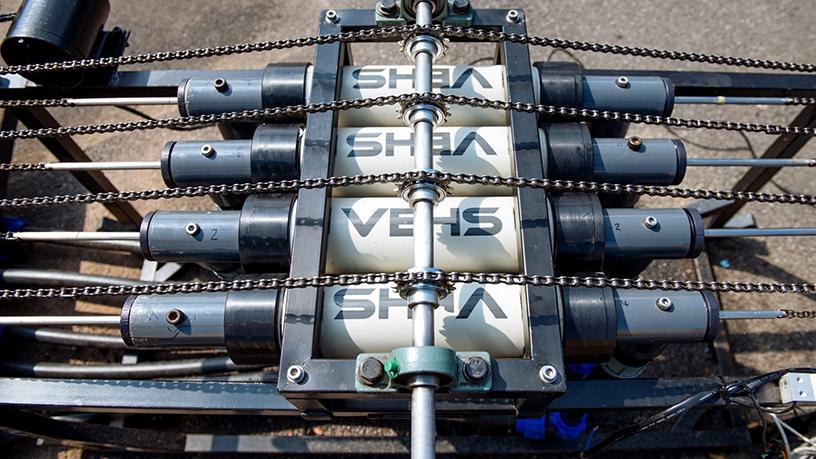
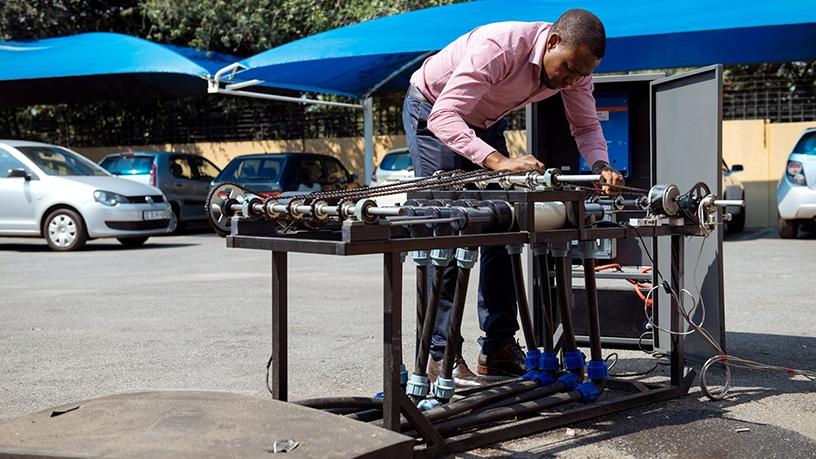
Share